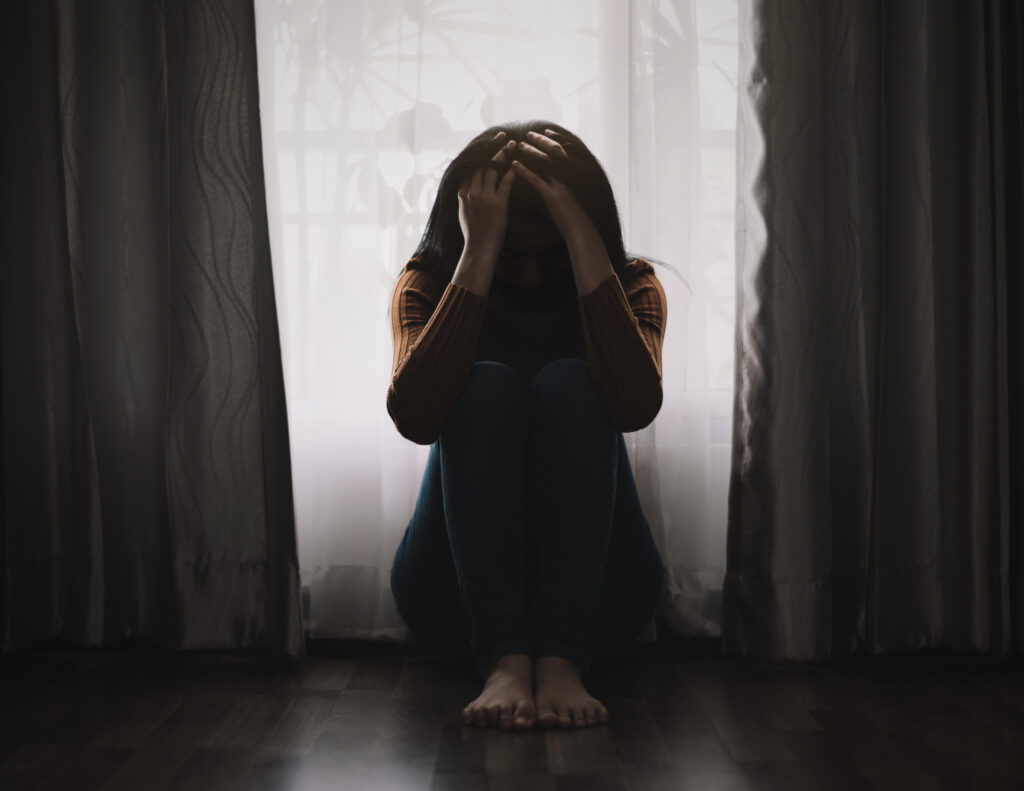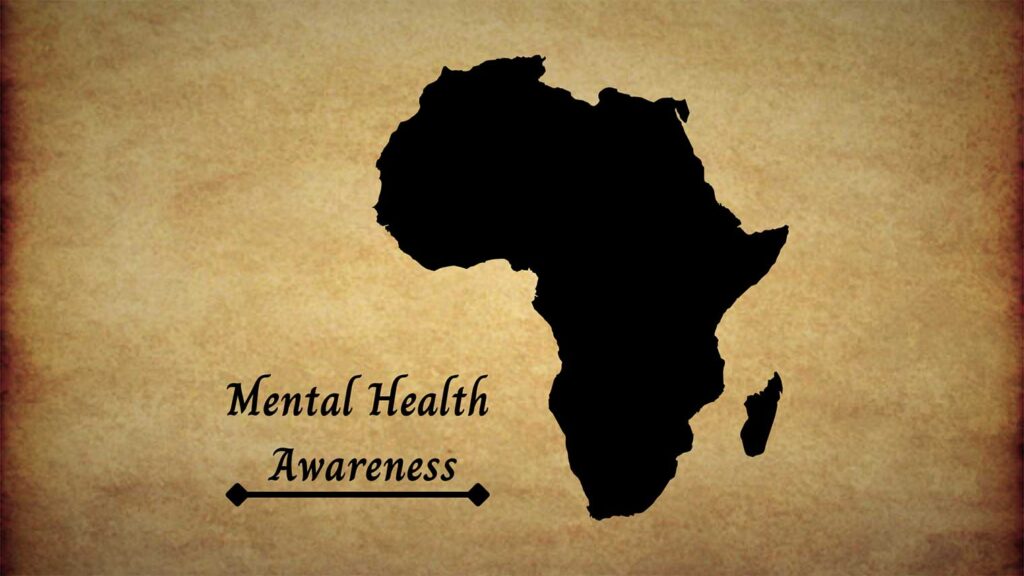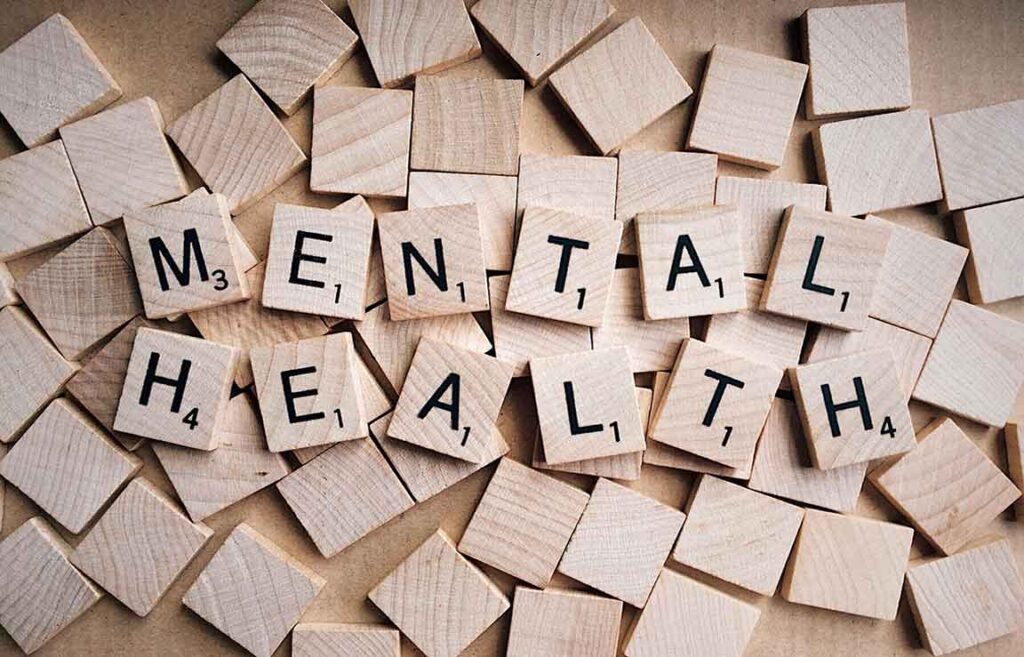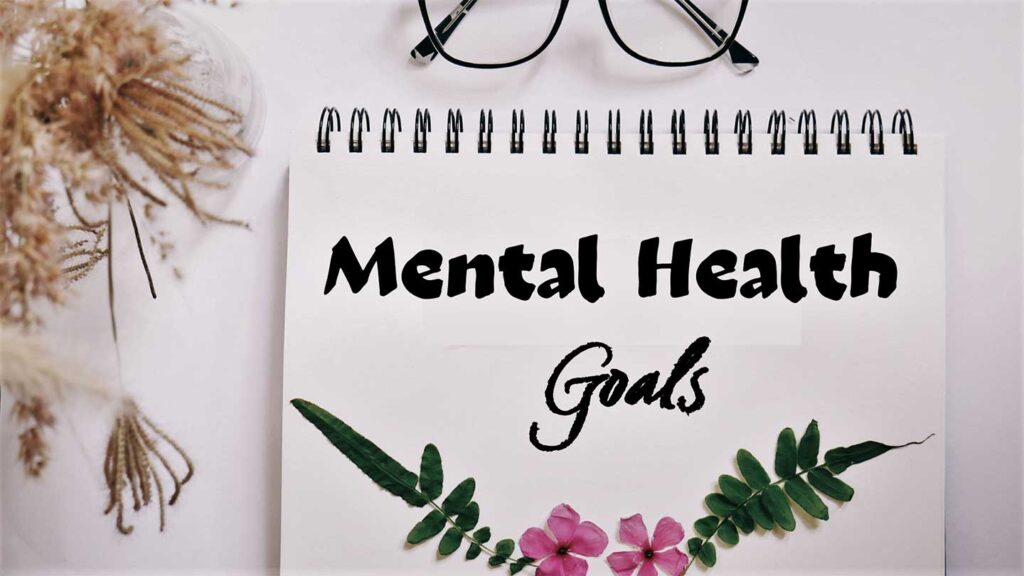By MMHI team
Every year on October 10th, the world comes together to mark World Mental Health Day, a day dedicated to raising awareness, fighting stigma, and reminding us that mental health is just as important as physical health.
The day was first established by the World Federation for Mental Health in 1992, and since then, it has grown into a global movement that encourages people, communities, and nations to prioritise mental well-being. Each year, a unique theme is chosen to spotlight a pressing mental health issue, one that challenges us to think, reflect, and take action.
In a world facing constant change, crises, and uncertainty, this year’s theme, “Access to Mental Health Services in Catastrophes and Emergencies”, reminds us that mental health care shouldn’t stop when disaster strikes. It’s a powerful call to make emotional and psychological support a part of every emergency response.
Access To Services In Catastrophes And Emergencies
What Are Catastrophes and Emergencies?
“Emergencies” are incidents presenting a direct threat to life, health or property and calling for immediate response; a “disaster” or “catastrophe” is a more serious interruption in which resources on hand are overwhelmed, and the operation of a community or society is substantially compromised.
They are employed to differentiate scale and resource adequacy: emergencies can be dealt with using existing capacity, but catastrophes engulf systems and necessitate large-scale humanitarian interventions.
How Are These Events Affecting Mental Health?
Mental health distress is virtually ubiquitous during and after crises; it is estimated by the World Health Organization that nearly every individual exposed to humanitarian crises will experience distress, and about one in five persons exposed will have a mental disorder (depression, anxiety, PTSD, severe mental illness). Crisis increases risk factors, loss, violence, separation from family, substance abuse and exacerbates prior existing conditions, especially among older adults, children and special groups.
Nigerian examples illustrate this pattern: recent flooding and extreme weather have left thousands homeless, destroyed homes and interrupted livelihoods, events shown to produce new mental ill health as well as worsen pre-existing conditions in affected populations.
National reports in the aftermath of the 2022-2023 floods indicated large-scale loss of access to basic services and rising psychosocial demand.
Why Access to Mental Health Care Gets Severed In Disasters
Disasters interrupt the supply chain, render health facilities inaccessible, and divert limited health workforce to emergency lifesaving care so routine and mental health care is deprioritized or physically inaccessible.
Studies from emergency settings report medication shortages, reduced clinic hours, staff shortages, and collapsed referral pathways, leaving people with severe mental illnesses and those newly affected without care.
Practical Steps to Protect And Restore Mental Health Care
1. According to sources, including MHPSS in emergency budgets and planning could be essential. Having a mental-health & psychosocial support (MHPSS) as a line item in disaster response budgets and including MHPSS indicators in national preparedness plans could help to restore mental health care.
2. Up-scale Psychological First Aid (PFA) and community-based care. Train community workers, teachers and primary-care professionals in PFA and core psychosocial support to make services accessible where clinicians are not available.
3. Make use of digital and mobile channels. Use mobile clinics, tele-mental health and helplines to reach out to displaced individuals and provide continuity of care where facilities have been destroyed.
4. Protect priority medicines and referral pathways. Prioritize psychotropic drug supply chains and keep open referral lines between community teams and specialist teams.
5. Monitor, track and involve communities. Use rapid MHPSS needs assessments and community-led mechanisms of feedback to ensure services address authentic needs and reduce stigma.
Ultimately, disasters necessitate that mental health be given a critical, rather than secondary, consideration in crisis management. Averting MHPSS implementation through planning, community capacity, mobile delivery, medicine protection, and participatory monitoring saves lives, sustains resilience and speeds up social recovery.
The evidence and the recent Nigerian experiences are unequivocal that improving access to mental health in crises is a humanitarian imperative and a pragmatic necessity.
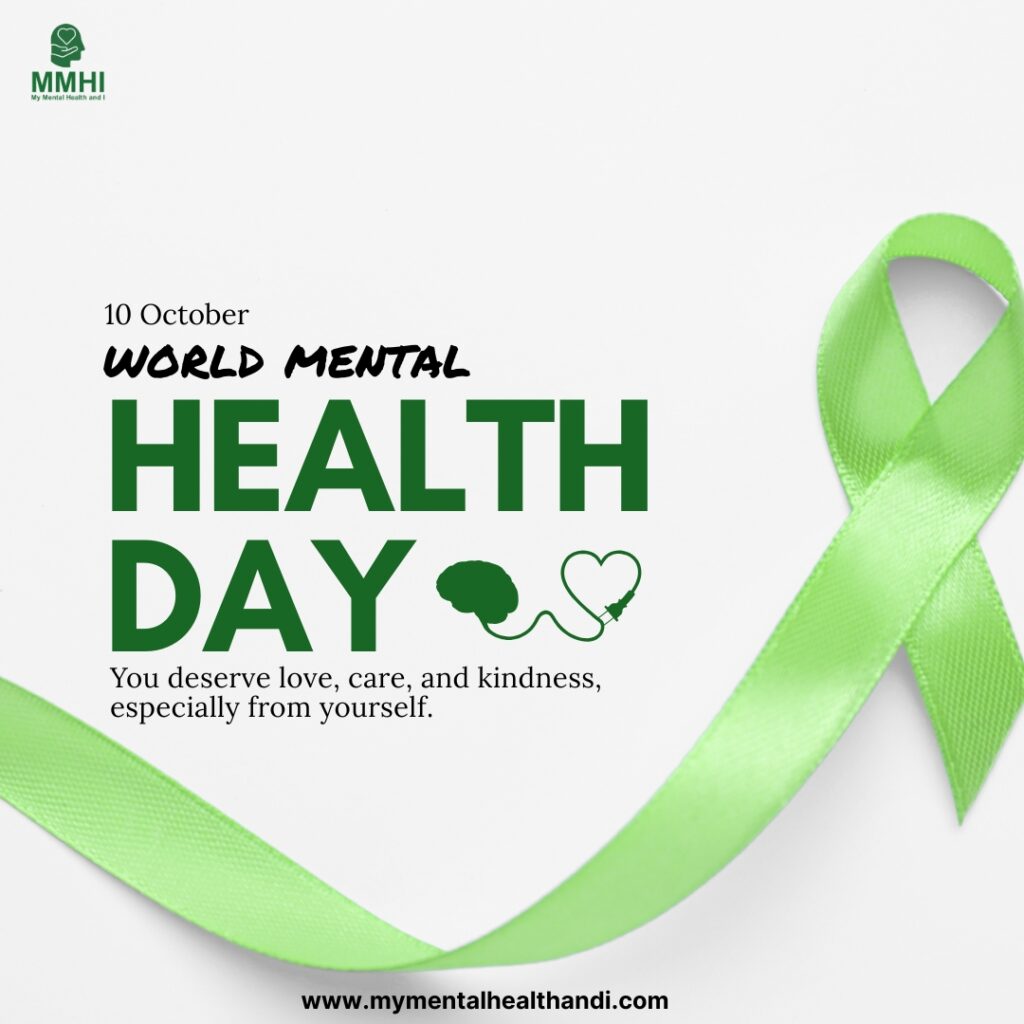
Why This Theme Matters
In recent years, the world has witnessed a series of crises including wars, political unrest, natural disasters, pandemics, and large-scale displacement. These events, though diverse in nature, share a common outcome: the profound toll they impose on human lives, not only in terms of physical survival but also mental and emotional well-being.
The COVID-19 pandemic, for instance, revealed the fragile balance between public health systems and the psychological resilience of populations. Likewise, the devastating consequences of armed conflicts, floods, and forced migrations have highlighted the enduring psychological scars that remain long after the immediate danger has subsided.
However, amid the urgency to address physical needs such as food, shelter, and safety, mental health often remains neglected.
In many humanitarian responses, emotional trauma, anxiety, grief, and post-traumatic stress are overshadowed by the more visible markers of crisis. This neglect arises partly from the misconception that psychological recovery can be postponed until physical stability is achieved.
Yet, growing evidence demonstrates that mental health is not a secondary concern but an essential component of overall recovery and resilience.
When mental health is disregarded, the process of recovery becomes significantly slower and more difficult. Individuals who suffer from untreated psychological distress often struggle to rebuild their lives, engage productively in their communities, or contribute meaningfully to social and economic development.
On a broader scale, communities burdened with collective trauma experience weakened social cohesion, reduced productivity, and prolonged dependence on external assistance.
Recognising and addressing mental health needs in times of crisis is, therefore, not merely an act of compassion but a strategic necessity for sustainable recovery.
Prioritising mental health ensures that individuals and societies emerge from adversity not only surviving but also capable of healing, adapting, and rebuilding stronger and more resilient foundations for the future.
Barriers To Accessing Mental Health Support In Emergencies
During crises like wars, disasters, or epidemics, many people experience emotional distress, but few get the help they need. Several key barriers stand in the way:
1. Stigma and Cultural Silence
In many communities, mental illness is seen as shameful or a sign of weakness. People fear being judged, so they hide their struggles instead of seeking help.
2. Limited Number of Professionals
The global shortage of psychiatrists, psychologists, and counsellors is severe, especially in low-income regions. For example, Nigeria has only a few hundred psychiatrists for over 200 million people.
3. Infrastructure Breakdown
Disasters often destroy hospitals, roads, and communication systems, making it difficult to reach people in need of care.
4. Prioritizing Physical Needs
Emergency responses usually focus on food, shelter, and medical care, leaving psychological support for later. Yet untreated trauma can have lifelong effects.
5. Lack of Funding
Mental health receives less than 2% of health budgets in most countries, leaving programs under-resourced and unsustainable.
In essence, mental health care in emergencies is essential, not optional. Breaking stigma, training community workers, and prioritising funding can help ensure no one faces trauma alone.
What Can Be Done in Nigeria: Solutions and Recommendations
1. Mental Health in Emergency Response
Nigeria faces recurring crises: floods, epidemics, insecurity, and displacement, yet mental health support is often an afterthought in emergency responses.
- Mental health should be integrated into emergency response systems.
- Agencies like NEMA, the Red Cross, and state emergency services should include mental health professionals and counsellors in their teams.
- Addressing trauma early reduces long-term risks of PTSD, depression, and other chronic mental health issues.
- Goal: Treat mental health as a core part of humanitarian aid, not as an optional follow-up.
2. Training in Psychological First Aid (PFA)
At a minimum, every emergency responder should be trained in Psychological First Aid (PFA).
- Who should be trained: Police officers, healthcare workers, firefighters, and volunteers, the people first on the scene.
- Purpose: Equip them with basic skills to comfort and stabilise emotionally distressed individuals until professional help arrives.
- Key focus: Empathy, active listening, and awareness of what not to say.
- Accessibility: PFA training does not require a psychology degree; it’s available online.
- Implementation: The Ministry of Health, NGOs, and mental health advocates can collaborate to create simple, culturally relevant modules in local languages.
3. Collaboration is Key
No single institution can solve Nigeria’s mental health crisis alone.
- Governments can create enabling policies and funding frameworks.
- NGOs can pilot grassroots initiatives and reach underserved communities.
- Communities provide cultural understanding and trust, essential for successful interventions.
- Example of collaboration: The Sunshine Series partners with the government to run Africa’s largest suicide prevention helpline on Nigeria’s National Emergency Line 112. This project, piloting in Abuja, provides 24/7 toll-free counselling support.
4. Policy and Funding Gaps
- Nigeria’s health budget allocates less than 4% to mental health, far below what’s required.
- Improve access to resources and crisis support nationwide.
- The 2021 Mental Health Act marked a policy milestone, but implementation remains slow.
To make progress, mental health must move from the margins to the centre of national health planning. Increased funding can expand psychiatric units beyond tertiary hospitals and provide scholarships and incentives for mental health professionals.
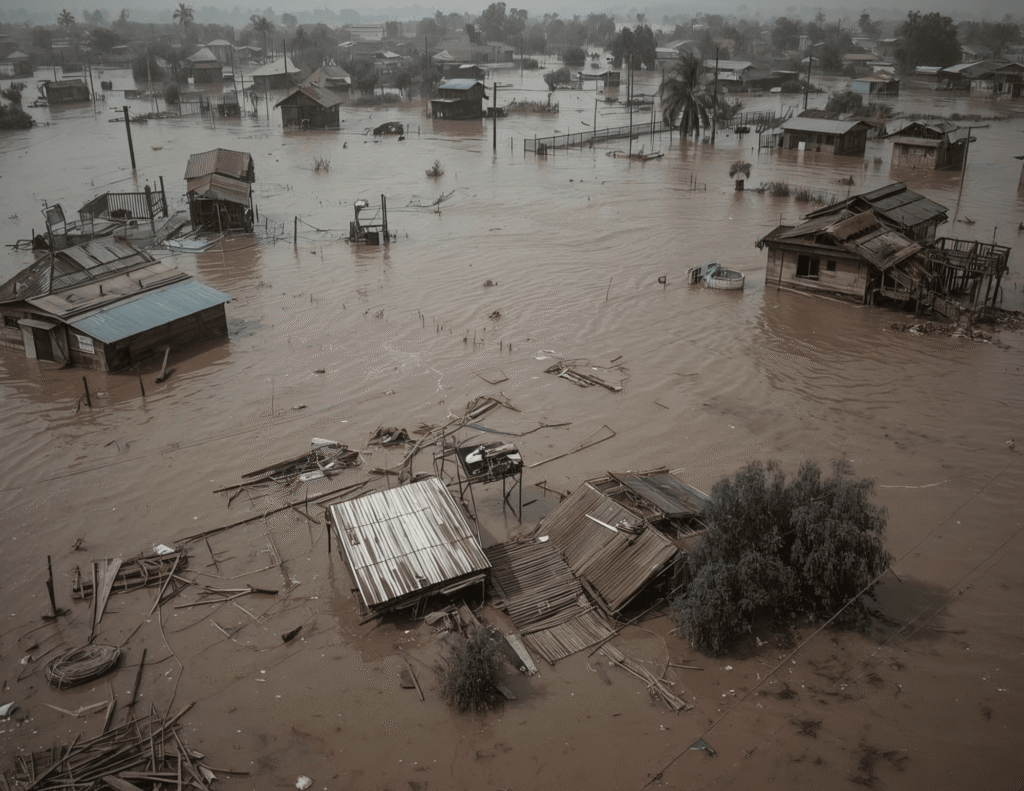
How You Can Be Part of the Change
Mental health isn’t just the government’s responsibility; we all have a role to play. Every small action counts, especially in a country like Nigeria where awareness and access are still growing.
Here’s how you can make a difference:
- Support mental health organizations: Follow and engage with NGOs and advocates working to promote mental health in Nigeria. Your support, even through sharing their work, helps amplify their voice and reach more people who need help.
- Share awareness online: Use your social media platforms to start conversations about mental health. A simple post, quote, or story can help reduce stigma and remind others that they’re not alone.
- Check on loved ones during crises: In times of floods, displacement, or insecurity, don’t just ask about food or shelter, ask “How are you holding up mentally?” Sometimes, that one question can make all the difference.
- Volunteer or donate to mental health initiatives: Many grassroots mental health projects depend on volunteers and small donations to keep going. Offer your time, skills, or resources, it all adds up.
- Advocate for policy change: Speak up. Write to your representatives, sign petitions, and support bills that prioritise mental health in national and state budgets. Real change happens when citizens demand it.
Let’s make sure mental health becomes part of every conversation, from classrooms to communities, from policy tables to prayer meetings.
Together, we can build a Nigeria where mental health is treated as health.
Poem Centred Around the Theme
When the world breaks,
not every crack is on the ground.
Some are inside
quiet, deep, unseen.
Hearts become houses
with broken doors,
where fear walks in
without knocking.
In the middle of storms,
some souls drown in silence.
They need a hand,
a voice,
a place to breathe again.
Let care be the bridge
where pain can cross to peace.
Let help not be far,
when minds cry out in the dark.
Because healing
is also a kind of shelter
one we all deserve
when the world breaks.
Conclusion
As we reflect on this year’s World Mental Health Day theme: “Access to Mental Health Services in Catastrophes and Emergencies” one truth stands out: mental health is not a luxury; it is a necessity, even in times of crisis. When disasters strike, whether it’s flooding, displacement, or conflict, the emotional wounds people carry are often invisible but just as real as the physical ones.
This year reminds us that true recovery isn’t just about rebuilding homes, schools, or roads; it’s also about healing minds, restoring hope, and ensuring that help is within reach for everyone who needs it.
Every conversation we start, every awareness post we share, every volunteer effort, and every policy we advocate for brings us closer to a Nigeria and a world where mental health support is available, accessible, and stigma-free.
Because when mental health becomes a priority in emergencies, we don’t just save lives, we rebuild them.
RECOMMENDATION
If you need help or know someone who needs help with their mental health or mental illness, check out the resource page for mental health resources.

